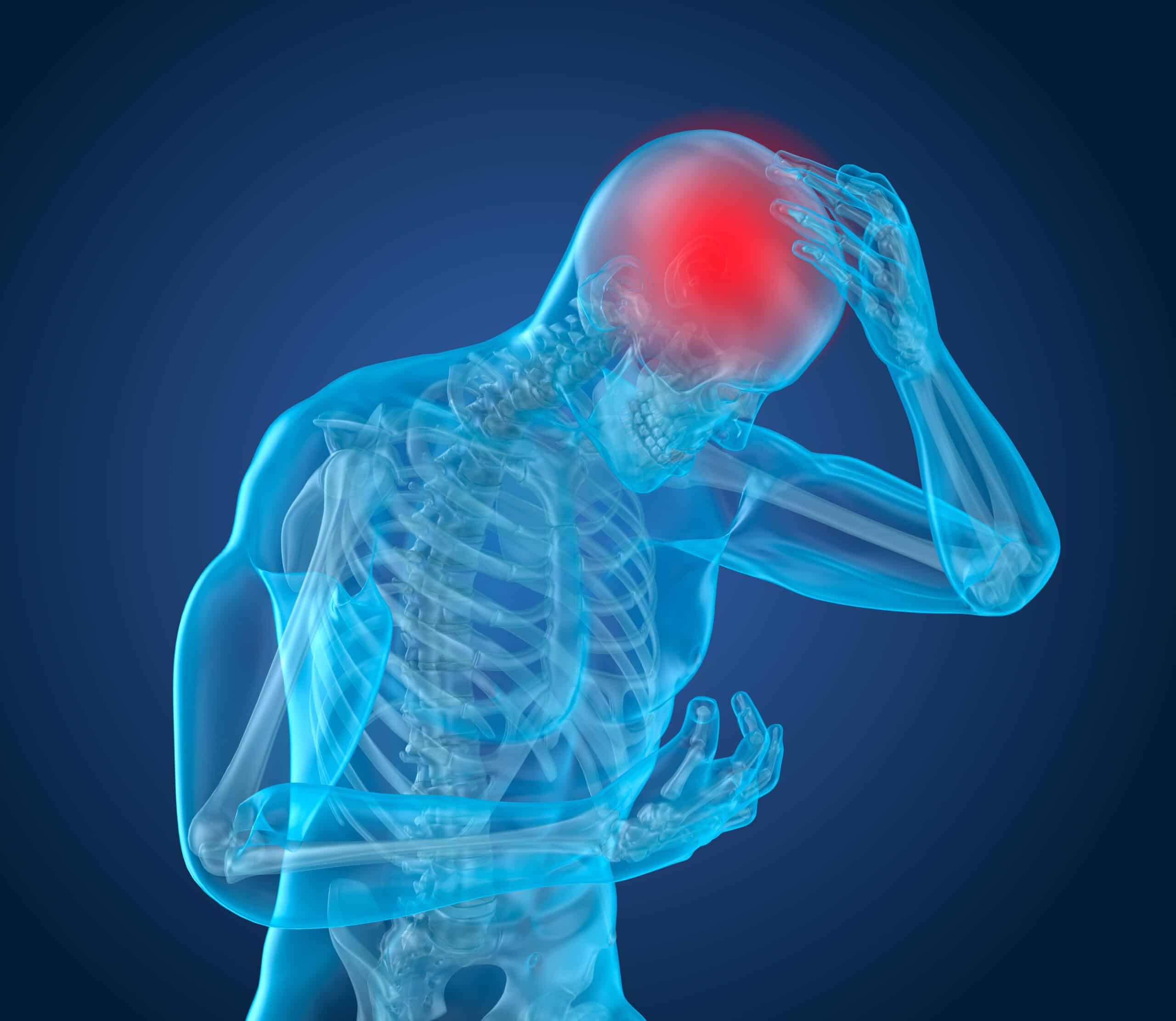Understanding Traumatic Brain Injury
Before delving into care strategies, it’s important to understand what TBI is. It’s an injury that occurs when an external force causes brain dysfunction, usually resulting from a violent blow or jolt to the head or body. Symptoms can range from mild, such as headaches and temporary confusion, to severe, such as extended unconsciousness or amnesia.
Immediate Steps Post-Injury
- Seek Medical Attention: Always get help from medical experts immediately after a head injury, even if symptoms seem mild.
- Rest and Observation: After a TBI, it’s crucial to rest both physically and mentally. Avoid activities that are physically demanding or require concentration.
Long-Term Health Tips for TBI Recovery:
Physical Health
- Follow a Structured Rehabilitation Program: Engage in rehabilitation programs recommended by healthcare professionals, which may include physical therapy, occupational therapy, and speech therapy.
- Regular Exercise: Once approved by a healthcare provider, engage in light exercises to improve balance, strength, and coordination.
- Healthy Diet: Eat a balanced diet rich in omega-3 fatty acids, antioxidants, and proteins that support brain health.
- Adequate Sleep: Ensure regular sleep patterns as sleep disturbances are common after TBI.
Mental Health
- Cognitive Rest: Avoid activities that strain the brain, like screen time, reading, or complex tasks, especially in the early stages.
- Stress Management: Techniques such as meditation, breathing exercises, and yoga can help manage stress.
- Cognitive Therapy: In cases of memory, concentration, or decision-making problems, cognitive therapy can be beneficial.
Emotional Health
- Seek Emotional Support: Counseling or support groups can help cope with the emotional challenges post-TBI.
- Family and Social Support: Encourage open communication with family and friends who can provide a support system.
Medication Management
- Adhere to Prescribed Medications: Take medications as prescribed to manage symptoms like headaches or mood swings.
- Monitor Side Effects: Be vigilant about potential side effects of medications and report them to your doctor.
Safety Precautions to Prevent Further Injury
- Prevent Falls: Implement safety measures at home to reduce the risk of falls.
- Protective Gear: Use helmets while riding bikes or engaging in sports.
- Avoid Alcohol and Drugs: These can increase the risk of further injury and hinder recovery.
Regular Medical Check-ups
- Follow-up Appointments: Regularly visit your healthcare provider to monitor your recovery and address any complications.
- Neurological Assessments: Periodic assessments can help track cognitive and physical progress.
Conclusion
Recovering from a traumatic brain injury is a gradual and multifaceted process. It requires a combination of medical treatment, physical rehabilitation, and emotional support. Adhering to these health tips can significantly aid in the recovery process. Remember, every TBI is unique, and so is each individual’s recovery journey. It’s essential to work closely with healthcare professionals to tailor a care plan that meets your specific needs. Taking a holistic approach to care, focusing on physical, mental, and emotional health, is key to achieving the best possible outcome in TBI recovery.




